A young girl living in the French countryside suffers constant indignities at the hand of alcoholism and her fellow man. Mouchette (1967), directed by Robert Bresson, is a poignant exploration of […]
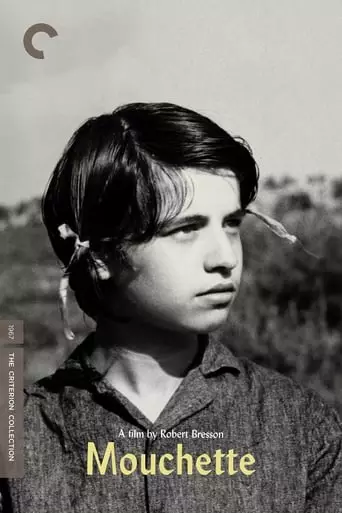
A young girl living in the French countryside suffers constant indignities at the hand of alcoholism and her fellow man. Mouchette (1967), directed by Robert Bresson, is a poignant exploration of […]
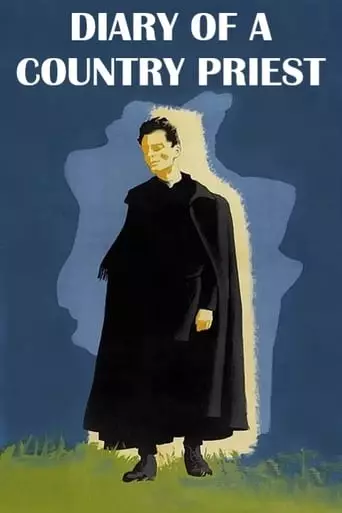
An inexperienced, sickly priest shows up in the rural French community of Ambricourt, where he joins the community’s clergy. But the locals don’t take kindly to the priest, and his […]
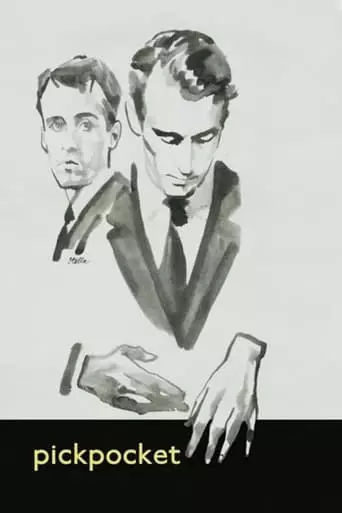
Michel takes up pickpocketing on a lark and is arrested soon after. His mother dies shortly after his release, and despite the objections of his only friend, Jacques, and his […]
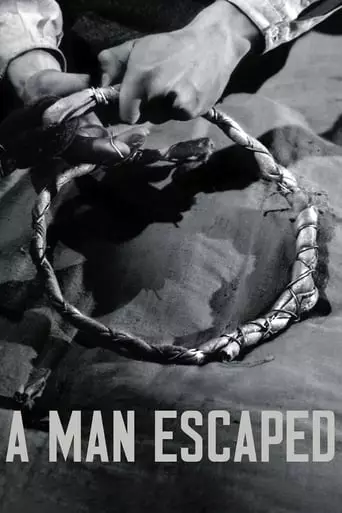
A captured French Resistance fighter during World War II engineers a daunting escape from prison. A Man Escaped (1956), directed by Robert Bresson, is a minimalist French film that chronicles […]
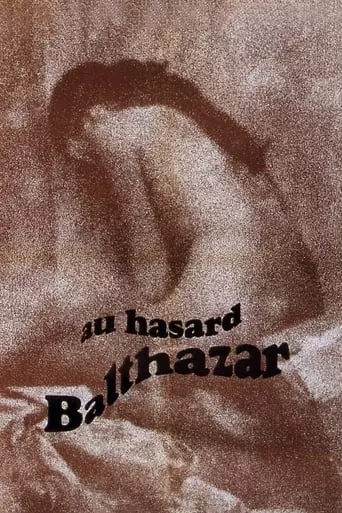
The story of a donkey Balthazar as he is passed from owner to owner, some kind and some cruel but all with motivations beyond his understanding. Balthazar, whose life parallels […]
Robert Bresson: The Master of Cinematic Minimalism
Robert Bresson (September 25, 1901 – December 18, 1999) was a French film director, screenwriter, and author whose distinctive style and philosophical approach to cinema made him one of the most influential filmmakers of the 20th century. Known for his austere, minimalist aesthetic and focus on spiritual and existential themes, Bresson created films that challenged conventional storytelling and embraced a unique form of cinematic expression. His works, including Diary of a Country Priest (1951), Pickpocket (1959), and Au Hasard Balthazar (1966), are celebrated for their emotional depth and profound exploration of the human condition.
Early Life and Artistic Beginnings
Robert Bresson was born in Bromont-Lamothe, a small village in central France. Initially aspiring to be a painter, Bresson studied art and philosophy, which greatly influenced his later work as a filmmaker. His early career included photography and writing, and he eventually transitioned into filmmaking in the 1930s.
During World War II, Bresson was captured and imprisoned by the Germans for over a year. This experience profoundly shaped his worldview and artistic sensibilities, contributing to the recurring themes of suffering, redemption, and grace in his films.
A Distinct Approach to Cinema
Bresson’s approach to filmmaking was radically different from that of his contemporaries. Rejecting the theatricality and artifice often associated with cinema, he sought to create a “pure” form of cinematic art. His style, which he referred to as “cinematography” (to distinguish it from traditional “cinema”), was characterized by the following elements:
Nonprofessional Actors: Bresson often cast nonprofessional actors, whom he called “models,” to deliver understated, emotionless performances. He believed this stripped away artificiality and allowed audiences to project their emotions onto the characters.
Minimalism: Bresson avoided elaborate sets, dramatic music, and conventional plot structures. Instead, he focused on simplicity and economy, using only what was necessary to convey his themes.
Sound Design: He placed great emphasis on sound, using it as a storytelling tool rather than relying solely on visuals. Bresson’s use of off-screen sound often heightened tension and created a sense of realism.
Spiritual and Existential Themes: Many of Bresson’s films grapple with questions of faith, morality, and the human soul. His works often depict characters facing internal struggles and searching for meaning in a world filled with suffering and injustice.
Key Films
Bresson’s filmography is relatively small, but each work is a masterpiece in its own right, reflecting his meticulous craftsmanship and philosophical depth.
Diary of a Country Priest (1951): Based on the novel by Georges Bernanos, this film follows a young, ailing priest struggling to fulfill his duties in a rural parish. The film’s introspective tone and spiritual themes established Bresson as a major voice in world cinema.
A Man Escaped (1956): Inspired by the true story of a French Resistance fighter’s escape from a Nazi prison, this film is a study in patience, perseverance, and the will to be free. Its spare, methodical storytelling exemplifies Bresson’s minimalist approach.
Pickpocket (1959): A psychological portrait of a young thief, this film explores themes of guilt, redemption, and human connection. It is often considered one of Bresson’s most accessible works and has influenced countless filmmakers, including Paul Schrader and Martin Scorsese.
Au Hasard Balthazar (1966): This poignant tale of a donkey named Balthazar, who passes through the hands of various owners, is a profound meditation on suffering and the cruelty of humanity. The film is widely regarded as one of the greatest in cinema history.
Mouchette (1967): A bleak yet compassionate story of a young girl’s struggles in a harsh rural environment, this film is another example of Bresson’s ability to evoke deep emotional resonance through simplicity.
L’Argent (1983): Bresson’s final film, based on a Tolstoy novella, examines the corrupting power of money and its impact on human lives. The film won the Director’s Prize at the Cannes Film Festival and is considered a fitting conclusion to his career.
Influence and Legacy
Robert Bresson’s impact on cinema is immeasurable. His emphasis on realism, his rejection of conventional storytelling, and his philosophical depth have inspired generations of filmmakers, including Andrei Tarkovsky, Jean-Luc Godard, and the Dardenne brothers. Bresson’s work is often associated with the transcendental style in film, alongside directors like Carl Theodor Dreyer and Yasujiro Ozu.
Bresson’s influence extends beyond his thematic and stylistic choices. His writings, particularly Notes on the Cinematograph (1975), have become essential reading for filmmakers and cinephiles. In this book, Bresson outlines his thoughts on the art of cinema, emphasizing the importance of stripping away excess to reveal the essence of a story.
Conclusion
Robert Bresson remains a towering figure in the history of cinema, celebrated for his uncompromising vision and dedication to his craft. His films, marked by their spiritual intensity and minimalist aesthetic, continue to resonate with audiences and inspire filmmakers worldwide. By challenging the conventions of cinema and pushing the boundaries of artistic expression, Bresson created a body of work that stands as a testament to the power of simplicity and the enduring quest for meaning in art and life.